The Weimaraner, often known as the “Gray Ghost” due to its distinctive coat color, is a breed that is both energetic and graceful. Originally bred for hunting, Weimaraners are active dogs that require a diet rich in nutrients to maintain their lean muscle mass and energy levels. The following guide will delve into how to determine the appropriate amount of food for Weimaraners, what factors will affect their dietary needs, and provide a rough cost estimate for their monthly feeding.
1. Weimaraner Dietary Needs
Weimaraners have high energy levels and thus, their diet should be rich in proteins and fats to sustain their energy and support muscle repair. They require a balanced intake of nutrients, including carbohydrates, though the latter should be given in moderation to avoid unnecessary weight gain.
2. Puppy vs. Adult Feeding Requirements
Weimaraner puppies grow quickly and require a diet that supports their development. They need more frequent meals with higher calories and nutrients compared to adults. While an adult Weimaraner might need around 1,500 to 2,500 calories per day, a puppy could require 2,000 to 3,000 calories, depending on their growth stage and activity level.
3. Understanding Food Quality and Caloric Content
The caloric content of dog food varies widely among brands and types. This section would explain how to read dog food labels for caloric content, discuss the importance of high-quality ingredients, and how these factors influence how much to feed your Weimaraner.
4. Portion Sizes and Measurement
Portion control is essential, especially because Weimaraners can overeat if given the chance. Owners should measure their Weimaraner’s food portions based on the dog’s weight and the caloric density of their chosen food. It’s typically recommended to use a standard measuring cup or a kitchen scale for accuracy.
5. The Role of Activity Level in Diet
An active Weimaraner will require more calories than a sedentary one. This section would detail how to adjust food amounts based on your dog’s activity level, including tips for feeding Weimaraners who are involved in hunting, agility sports, or other high-energy activities.
6. Feeding Frequency Throughout the Day
Adult Weimaraners usually do well with two meals per day, while puppies may require three to four smaller meals. Consistent feeding times help regulate the dog’s metabolism and energy levels, and prevent issues like bloat, to which the breed can be susceptible.
7. Managing Treats and Additional Snacks
Treats are an important tool for training but should be given in moderation. This part would explore healthy treat options and discuss how to include treats within the Weimaraner’s daily calorie allotment without contributing to weight gain.
8. Recognizing and Adjusting to Weight Changes
Weight management is crucial for Weimaraners to prevent joint stress and health issues. This section would provide guidelines on how to recognize when a Weimaraner is overweight or underweight and how to adjust their diet accordingly.
9. Cost of Feeding a Weimaraner
The cost to feed a Weimaraner will vary based on the type of food (premium, organic, raw, etc.) and where you live. A rough estimate might range from $50 to $100 per month for high-quality commercial dog food, but this figure can fluctuate based on the specific needs and appetite of the dog.
10. Special Dietary Considerations
Some Weimaraners may have specific health issues that affect their diet, such as allergies or sensitivities. This final section would cover how to handle these special cases, including the potential for additional costs if specialized or prescription diets are necessary.
Our 5 Top Foods for Weimaraners
The diets were selected by our founder Justin Palmer, a certified canine nutrition expert, specifically with Weimaraners in mind:
Conclusion
Feeding a Weimaraner the right amount of the right food is vital for their health and well-being. By understanding their specific needs and how to meet them, owners can ensure their weimaraners remains healthy, active, and happy throughout their life.
Frequently Asked Questions About Feeding a Weimaraner
1. What is the right amount of food for an adult Weimaraner?
An adult Weimaraner typically requires about 2 to 3 cups of high-quality dry dog food per day, split between two meals. This amount can vary depending on the dog’s size, age, and activity level. It’s important to regularly assess your dog’s body condition and adjust food portions accordingly to avoid overfeeding.
2. How many times a day should I feed my Weimaraner?
Most adult Weimaraners do well with two meals per day, ideally fed in the morning and evening. Puppies, which have higher energy requirements, should be fed three to four times daily. Consistent feeding times can help prevent bloat, a condition to which Weimaraners can be prone.
3. Can Weimaraners eat a grain-free diet?
Weimaraners can eat a grain-free diet if it is well-balanced and meets all their nutritional needs. However, grain-free diets have been under scrutiny lately, so it is essential to choose a diet that is AAFCO compliant and to consult with a veterinarian before making any significant changes to your dog’s diet.
4. Are there any human foods that are dangerous for Weimaraners to consume?
Yes, several human foods are toxic to Weimaraners and all dogs, including chocolate, grapes, raisins, onions, garlic, and anything containing the sweetener xylitol. Always avoid giving these foods to your Weimaraner and keep them out of reach.
5. How do I know if my Weimaraner is getting enough to eat?
A Weimaraner getting enough to eat will have a well-defined waist and you should be able to feel its ribs without a thick layer of fat. Signs of underfeeding include visible ribs, low energy levels, and a lack of muscle mass. If in doubt, consult with a veterinarian for a professional assessment.
6. Should Weimaraners have a specific type of food for their breed?
While there’s no need for breed-specific food for Weimaraners, they do benefit from high-quality dog food that supports their active lifestyle. Look for foods that have meat as the first ingredient and provide a good balance of proteins, fats, and carbohydrates.
7. How much exercise does my Weimaraner need to balance out their diet?
Weimaraners are an active breed and typically require at least an hour of vigorous exercise each day. This amount of exercise helps to balance out their diet and maintain a healthy weight. If your Weimaraner is more active, they may require additional calories.
8. What do I do if my Weimaraner is a picky eater?
If your Weimaraner is a picky eater, try to enhance the palatability of their food by adding a topper, such as a small amount of wet food or low-sodium broth. Also, ensure that you are not offering too many treats throughout the day, as this can reduce their appetite for meals.
9. How much will it cost to feed my Weimaraner each month?
The cost to feed a Weimaraner each month can vary widely depending on the brand and type of food you select. On average, expect to spend $40 to $100 per month on a quality dry dog food. Special diets, such as grain-free or raw food, may increase this cost.
10. Can I feed my Weimaraner a raw diet?
A raw diet can be fed to Weimaraners, but it must be carefully balanced to ensure they receive all necessary nutrients. If considering a raw diet, consult with a veterinarian or a canine nutritionist to ensure that your Weimaraner’s dietary needs will be met and that the diet is safe and appropriate for them.
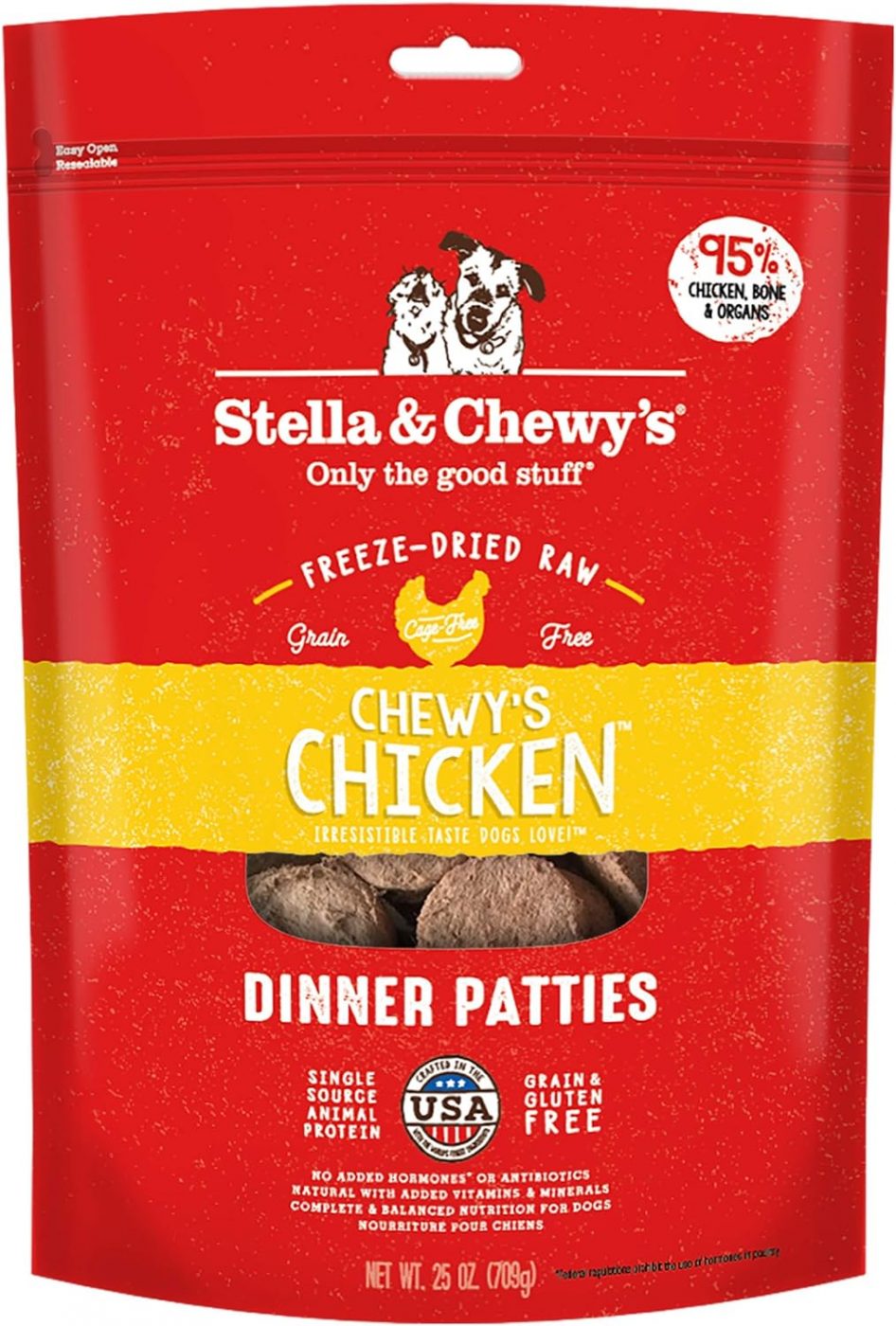
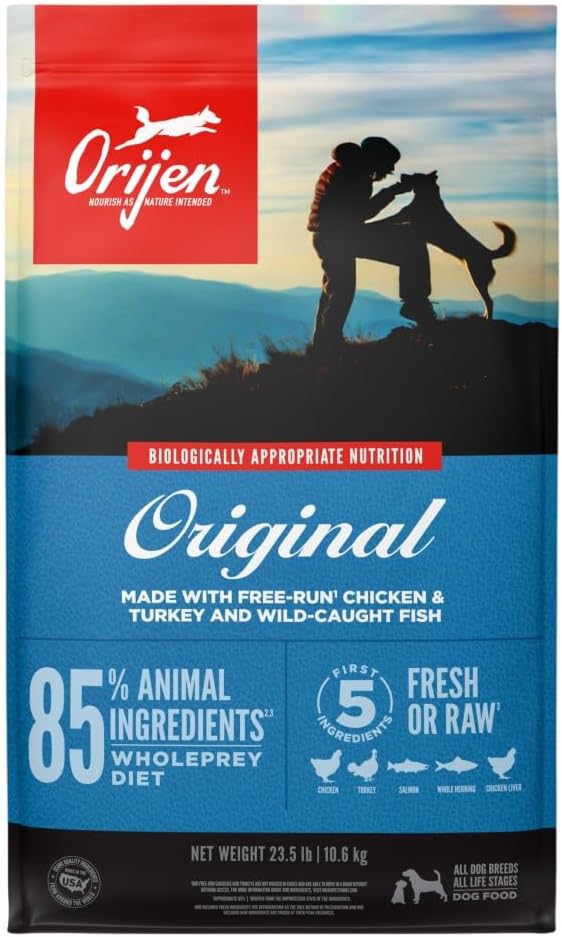
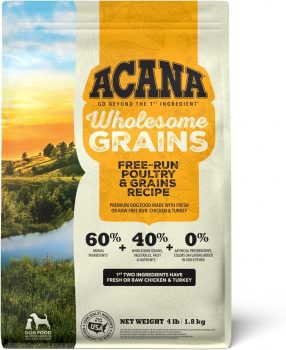
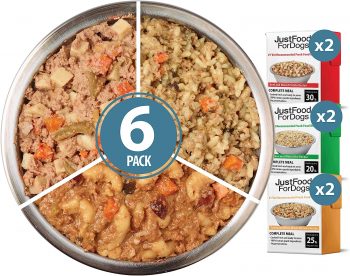
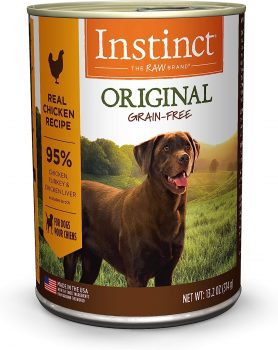

 Toledo, United States.
Toledo, United States.